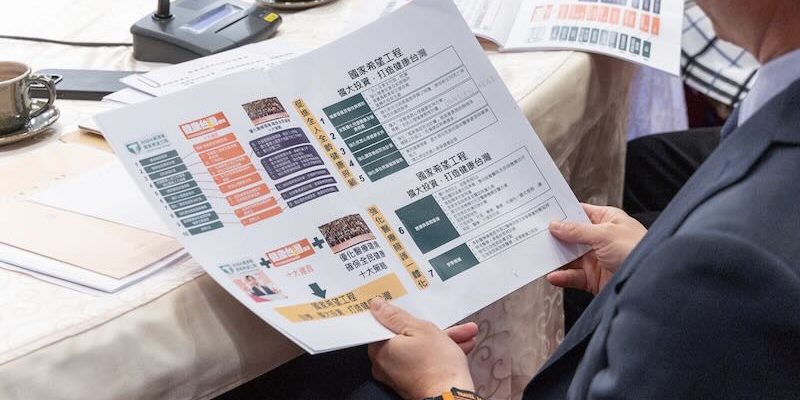
As Taiwan continues its trajectory toward becoming a hub of renewable energy in Asia, businesses and investors around the world are taking notice. While the industry is still in the early stages of development, a lot of excitement has been generated about the renewables projects recently completed or currently underway.
Among these, the Hai Long Offshore Wind Project, which consists of three wind farms off the coast of Changhua County, is one of the most impressive. Once completed, it will have an installed capacity of more than 1GW and will feature 14MW wind turbines produced by Siemens Gamesa Renewable Energy with nacelles assembled locally in Taichung.
Hai Long’s 60% owner is Northland Power, a Canadian independent power producer with more than 30 years of global energy industry experience. According to Felipe Montero, Head of Northland Power Taiwan and Project Director for Hai Long, although North America remains the company’s home and historic market, it moved decisively into Europe’s green energy sector several years ago and now maintains more assets there than any other market. These include 1738MW of renewables in Spain and the North Sea and up to 1200 MW of offshore wind generation under development in the Baltic Sea.
“Thanks to our entrepreneurial approach, we are growing very fast, both in terms of assets and in our pipeline,” says Montero, adding that Northland’s operational facilities generate around 3.2GW of electricity globally. It also maintains a pipeline of more than 5GW in near-term development opportunities.
Northland began exploring offshore wind opportunities in Taiwan in 2016, coinciding with the government’s push to eliminate nuclear power and increase renewable energy. Due to Taiwan’s location in the Pacific and its terrain, its wind resources are among the best in the world. This advantage, combined with Taiwan’s historically fair treatment of foreign investors, make it an ideal market for getting involved in the development of a robust offshore wind industry.
Seizing on Taiwan’s potential to become a regional hub for offshore wind, Northland’s development team in Taiwan has quickly expanded from two Canadian expat employees in 2016 to well over 75 people today, including a large contingent of local Taiwanese professionals. In addition to Hai Long, Northland announced this February the launch of its Round 3 projects in Taiwan, the NorthWind and CanWind greenfield offshore wind sites. The company’s experience in Taiwan has also served as a springboard into other Asian markets, including Korea and Japan.
Northland’s foray into Taiwan has not been without its challenges, however, in particular the government’s localization requirements under its feed-in tariff program. Following extensive discussions with the Ministry of Economic Affairs regarding local content, Northland was finally given the green light in April this year to continue implementation of its plan for constructing the 300MW Hai Long 2A wind farm. The remaining 744MW was awarded through an auction process and will not be subject to such conditions.
Yet as Montero explains, the company recognizes that localization is a necessary part of building up an industry from scratch. Beyond fulfilling its obligations for Hai Long 2A, it has also signed a preferred supplier agreement with Taiwanese conglomerate TECO to build an onshore substation that will transmit the power output from all three Hai Long wind farms.
Northland has also initiated substantial talent cultivation efforts in Taiwan. In addition to employing local personnel for its Hai Long and Round 3 projects, the company also coordinates a summer internship program in collaboration with the Metal Industries Research and Development Centre and National Sun Yat-sen University. In addition, it continually organizes seminars on topics of green energy and sustainability at local universities.
“The strong relationships we’ve made with these universities have worked out very well for us,” says Montero. “They help us with finding very good internship candidates, people who are passionate and talented. We have a lot going on right now that these young people can get involved in and learn from.”
As part of its commitment to upholding ESG principles and being a sustainable actor in the markets where it operates, Northland also works to engage and support local communities in Taiwan. It has worked closely with Changhua fisheries that may be impacted by the company’s construction efforts and provided NT$96 million to start a free school lunch program in the coastal area of Changhua County. As well as holding several charity and cultural events, Northland has also joined four local beach cleanup activities over the past three years, helping raise awareness of the impact of ocean waste.
“We are dedicated to making a sustained contribution in Taiwan,” says Montero “There’s a lot of room for trickling down the benefits of our projects well beyond just installing megawatts.”








